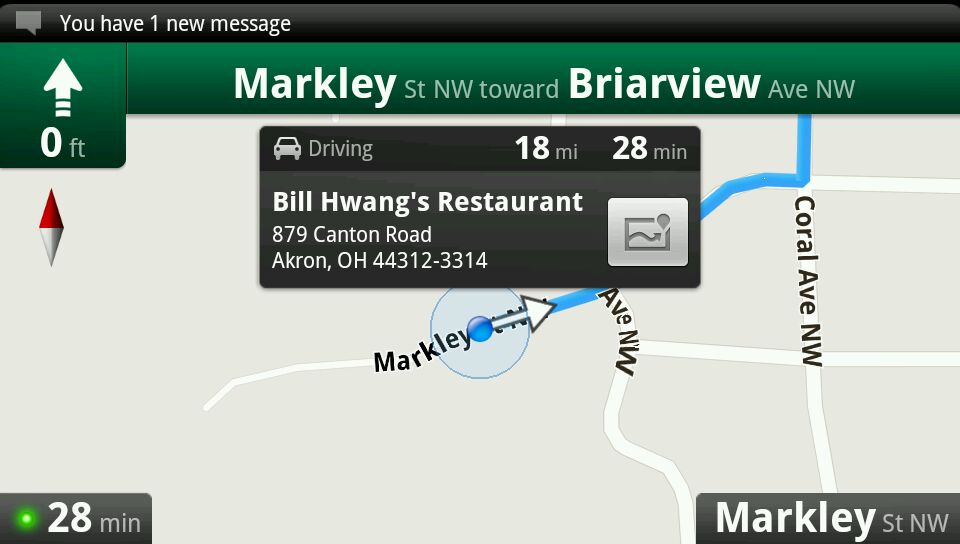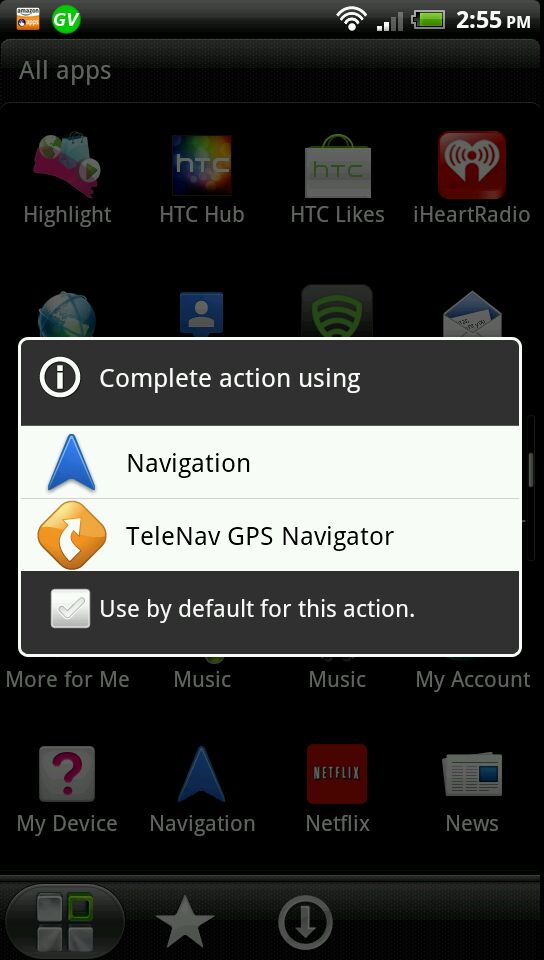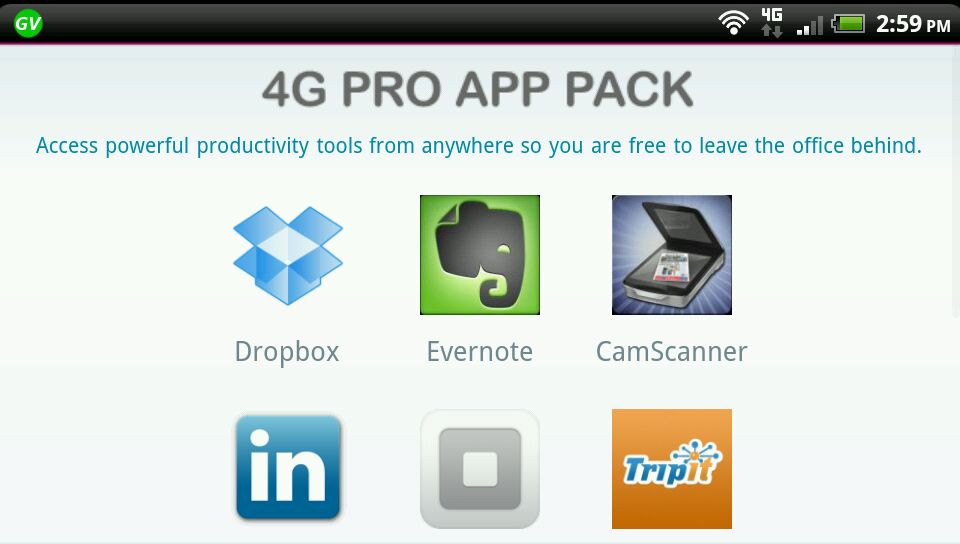Why you can trust TechRadar
Maps

The usual suspects come preinstalled on the HTC Amaze 4G: Google Maps and Navigation with Street View, which by now are familiar to all Android smartphone users.

We used built-in Navigation for a few quick road trips and it worked well with T-Mobile's 4G coverage, but certainly dinged the battery life for extended use. (The handset also includes a 30-day free trial for TeleNav GPS Navigator, which requires a monthly subscription fee of $9.99 thereafter.)

T-Mobile and HTC have conspired to load up the Amaze 4G with a variety of other apps and as usual, their usefulness ranges from good to useless. At the better end of the scale is My Account (a free app for keeping tabs on your T-Mo account), Flashlight (with three brightness levels) and Visual Voicemail, a decent emulation of the iPhone's implementation with optional Voicemail to Text feature for $3.99 per month (hint: you're better off going with free Google Voice for this).

Amaze users can create and edit Word or Excel files with Polaris Office, and a T-Mobile-branded version of Qik video chat and deal service More for Me also come bundled alongside paid features like T-Mobile Name ID ($3.99 per month just to identify unknown incoming callers) and T-Mobile Mall (for all your ringtone buying needs).

Among the more dubious inclusions: Peep (a marginal Twitter client), Music (do we really need this now that Google Music is so good?) and "Pro Apps," a weblink to free productivity apps like Dropbox, Evernote and LinkedIn that can be downloaded from Android Market.
HTC also jumps into the fray with the space-wasting offerings HTC Hub and HTC Likes, both requiring free HTC Sense signup. And before you ask, no, you can't delete any of this flotsam and jetsam from your device.
